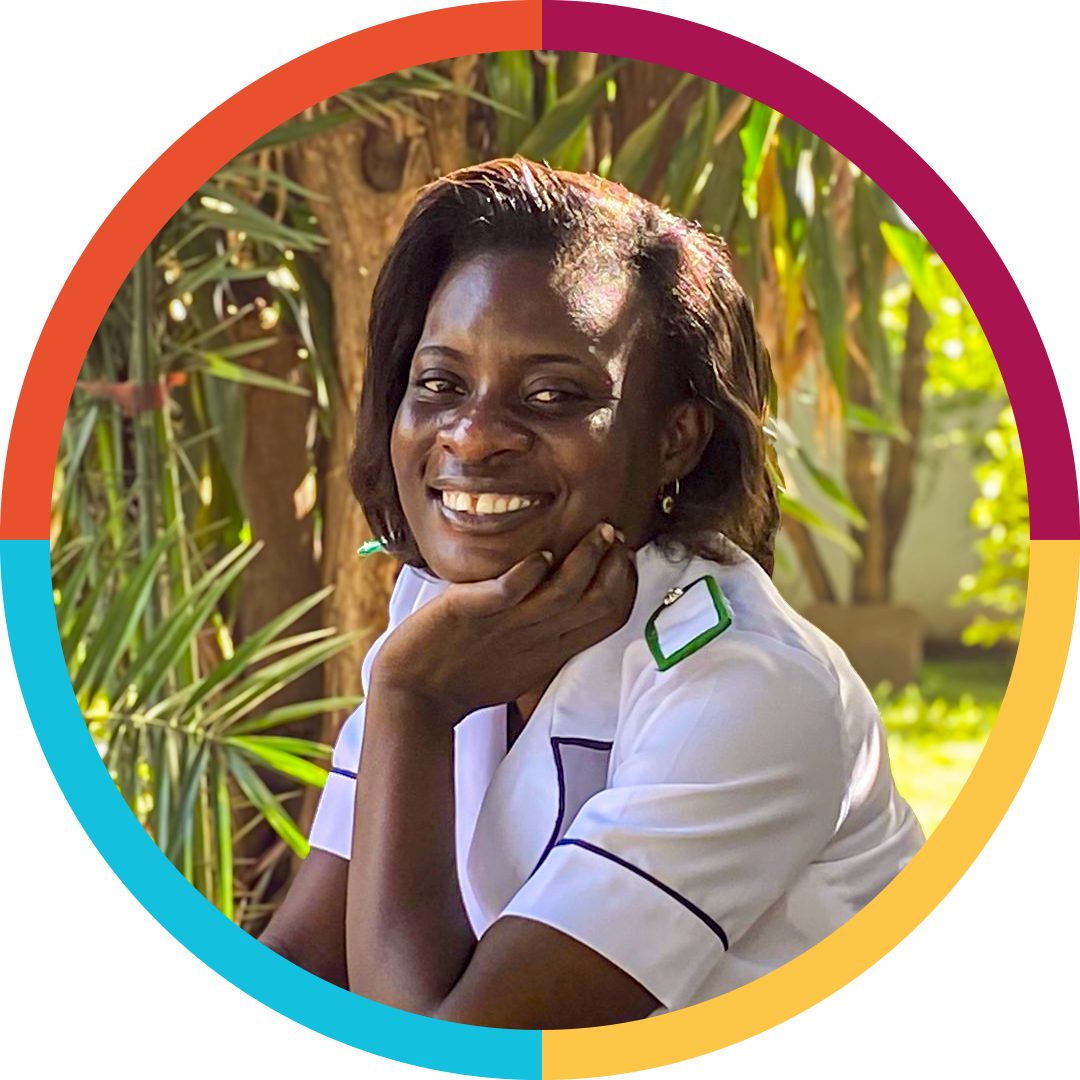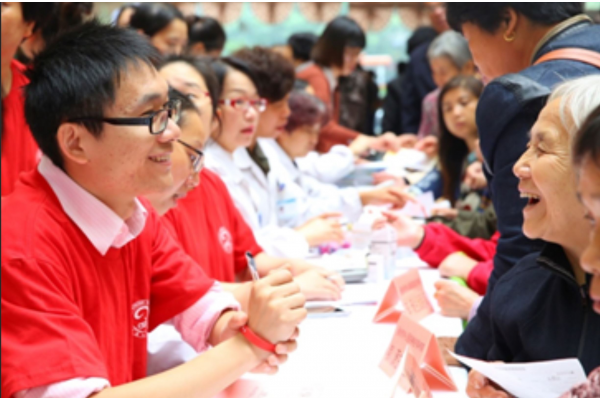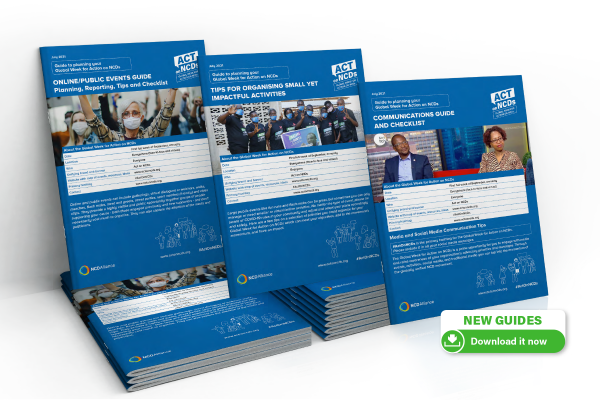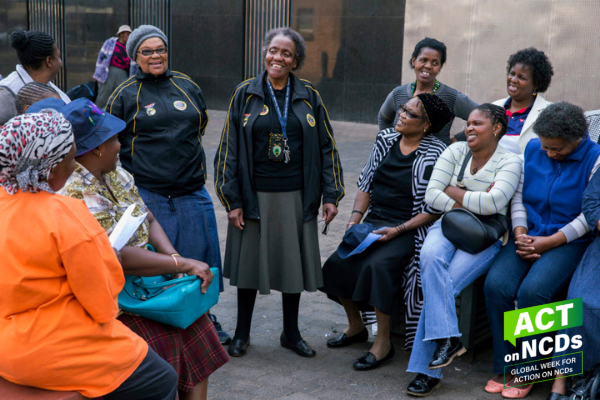I’ve witnessed the vital work these organisations do to raise stroke awareness and campaign for improvements in stroke care. Yet there continues to be limited investment in many of these organisations, and they are often not recognised as equal partners.
Turning commitments into reality
In the course of my work I frequently reference the global commitments to address NCDs and statements about the need for civil society participation, including the 2018 UN Political Declaration on NCDs, in which governments committed to “promote meaningful civil society engagement and amplify the voices of and raise awareness about people living with and affected by NCDs”. However, for many stroke support organisations; civil society organisations focused on stroke awareness, care and advocacy, limited resources and lack of consistent opportunities to partner with academics, health care professionals and decision makers, particularly for those in low resource settings, mean these statements on meaningful civil society engagement are not routinely translated into reality.
Power in numbers
The World Stroke Organisation’s recent Stroke Support Organisation Global Mapping Report highlighted the growth of stroke support organisations over the past 10 years, with the most significant growth in sub-Saharan Africa. We found that stroke support organisations are contributing across the stroke care pathway, from raising awareness of stroke symptoms to providing stroke rehabilitation and recovery activities, often in areas where no other support is available. The power of stroke support organisations is clear to see. They mobilise large numbers of people affected by and engaged with stroke as awareness raising volunteers, campaigners and deliverers of innovative community based programmes. In China, under the leadership of the Chinese Stroke Association, the Red Bracelet Volunteer Service Corps has a national network of nearly 40,000 volunteers who deliver outreach activities in communities to raise awareness of stroke symptoms and the need to seek emergency treatment. In a country which has the largest stroke burden in the world, these outreach activities, particularly in rural communities, are a vital contribution to improving stroke awareness and management of risk factors.
Agents of change
Stroke support organisations also engage way beyond their geographic boundaries, through membership of international organisations such as the NCD Alliance and by harnessing social media to connect and raise their profile. Michael Uchunor, founder and Chairman of the Michael and Francisca Foundation, is an incredible example of this. His foundation may be a small grassroots organisation in Nigeria, but his voice has been heard locally, nationally and internationally. Michael received the World Stroke Campaign Award in 2019, was selected as a person with lived experience to represent Nigeria at the Global NCD Alliance Conference in Sharjah UAE in 2020, and he is currently a member of the Advisory Committee for the NCD Alliance Our Views Our Voices initiative. Michael is clear about what motivates him ’For me, still one of the most important tasks at hand is to increase the awareness in the community of the causes of NCDs, and people with lived experience have an important role to play here as agents of change and empowerment’.
Harnessing the potential
I am in no doubt about the level of commitment that stroke support organisations have to improving stroke awareness, treatment and care globally. But commitment alone is not and should not be enough. Sustainability of human and financial resources is a major challenge and key barrier for stroke support organisations to continue to drive change. The majority do not receive government funding, and the lack of paid staff in many organisations limits their potential for large-scale impact. The potential for stroke support organisations as change agents needs to be harnessed through partnerships, sustainable financing, data driven advocacy, and support to deliver evidence based interventions. Stroke support organisations are by no means passive, they are clear about the capacity strengthening support that they need to continue their work to engage communities. They want increased partnerships with government, clinicians and academics; they want to develop their skills in fundraising; and to improve their skills in advocacy and campaigning. At the World Stroke Organisation we remain committed to supporting the development of stroke support organisations and finding ways to harness their potential.
About the author
Sarah Belson is the International Development Manager at the World Stroke Organization (WSO), the only global body solely focused on stroke. She leads WSO’s work with stroke support organisations, including facilitating networking, sharing resources, and coordinating stroke support organisation involvement in the World Stroke Congress and engagement in the World Stroke Campaign. Sarah also works with the Stroke Association in the UK, and represents the organisation on the UK Working Group for NCDs. To keep up with Sarah, you can follow her on Twitter @belsonsarah.
Photo credit: c. Red Bracelet Volunteer Corps







